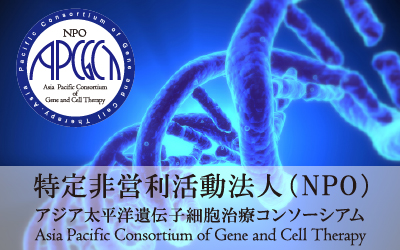2008年5月14日(水)~17日(土)に京都国際会館で開催された第5回 国際研究皮膚科学学会で、マイタケ抽出物に関する2つの報告がありました。
第5回 国際研究皮膚科学学会
マイタケエタノール抽出物含有クリームによって改善された健常者および乾皮症患者の皮膚バリアー機能
Improvement of skin barrier by a cream containing an ethanol extract of Maitake mushroom on normal and xerosis skin
Xerosis (dry skin) is defined as dehydration of stratum corneum and characterized by scales, fissures, erosion, and calluses on the skin, which thereby impairs the skin barrier function. In addition, most xerosis patients exhibit uncomfortable itching feelings or pain. Thus, structural and functional improvement of the impaired skin barrier may facilitate a treatment for xerosis and improve the quality of life of patients. On the other hand, sebum secreted from sebaceous glands plays an important role for maintaining physiological functions by forming a biological barrier on the skin. Since we found novel evidence that an ethanol extract of Grifola frondosa (Maitake mushroom) fruiting body, which is termed Gripin®, augments the sebum production in hamster sebocytes in vivo and in vitro, the Maitake extract might be an effective means of treating xerosis. In the present study, we performed a clinical trial investigation using a cream containing 0.2% Maitake ethanol extract (Maitake cream) (舞潤®, MaiJun) on the posterior antebrachial and crural skin of 60 patients with moderate to severe xerosis, and on the posterior antebrachial skin of healthy volunteers.
These results suggest that the Maitake cream is useful for not only remission and/or cure of xerosis but also enhancement of moisturization in healthy skin by the mechanism whereby the Maitake extract augments sebum production to restore the cutaneous barrier function.
マイタケエタノール抽出物によって増強されたノビレチン(ポリメトキシフラボノイド)の血管新生抑制作用および腫瘍形成抑制作用(in vitro)
An ethanol extract of Grifola frondosa (Maitake mushroom) enhances the anti-angiogenic and anti-tumorigenic actions of polymethoxyflavonoid, nobiletin, in vitro
Flavonoids from medicinal plants possess pharmacological effects for preventing tumor progression by inhibiting tumor-cell proliferation, neoplastic angiogenesis, and tumor invasion. We reported that a citrus polymethoxyflavonoid, nobiletin (5,6,7,8,3′,4′-hexamethoxy flavone), exhibits antitumor-invasive and antitumorigenic actions in vivo and in vitro. In addition, water extract of Grifola frondosa (Maitake mushroom) has been reported to possess antitumor effects by enhancing the immune system. However, the anti-angiogenic actions of nobiletin and Maitake mushroom extract remain unclear. In the present study, we examined whether nobiletin and an ethanol extract of the Maitake mushroom (Maitake extract), which is termed Gripin®, influenced the proliferation of human melanoma Mewo cells and the tube formation of human microvascular endothelial cells (HMVEC).
These results suggest that nobiletin exhibits an anti-angiogenic effect by inhibiting the tube formation of vascular endothelial cells. Moreover, the combination of Maitake extract and nobiletin is likely to be a novel clinical strategy for cancer therapy against melanoma to prevent both angiogenesis and tumorigenesis.
-
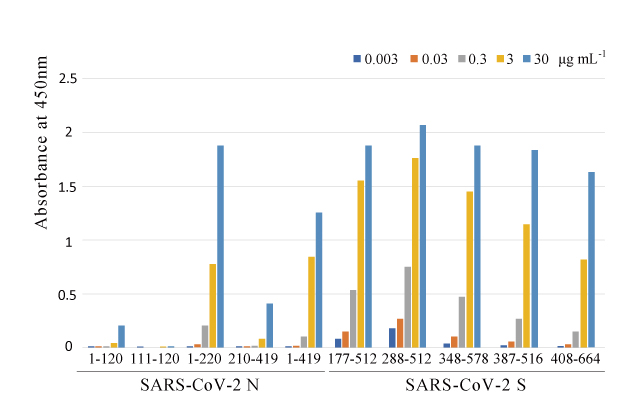 ニュージーランド産IgG含有ウシ生乳由来乳清タンパクに存在する新型コロナウイルスSARS-CoV-2スパイクタンパク抗体
ニュージーランド産IgG含有ウシ生乳由来乳清タンパクに存在する新型コロナウイルスSARS-CoV-2スパイクタンパク抗体
-
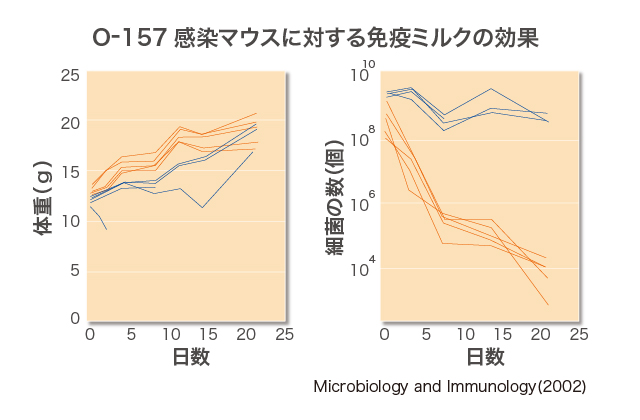 100%生乳由来濃縮乳清たんぱくの感染症予防に対する効果
100%生乳由来濃縮乳清たんぱくの感染症予防に対する効果
-
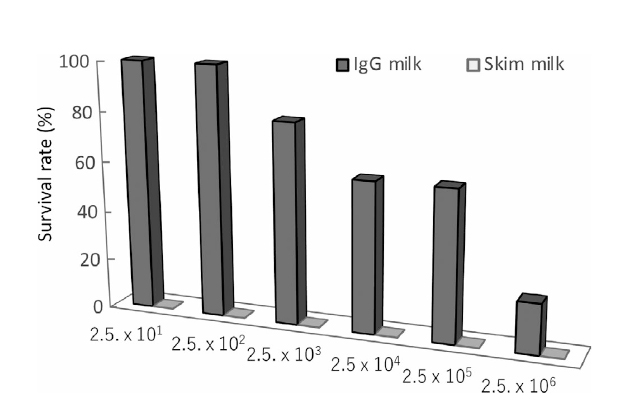 Enriched bovine IgG fraction prevents infections with Enterohaemorrhagic Escherichia coli O157:H7, Salmonella enterica serovar Enteritidis, and Mycobacterium avium
Enriched bovine IgG fraction prevents infections with Enterohaemorrhagic Escherichia coli O157:H7, Salmonella enterica serovar Enteritidis, and Mycobacterium avium
-
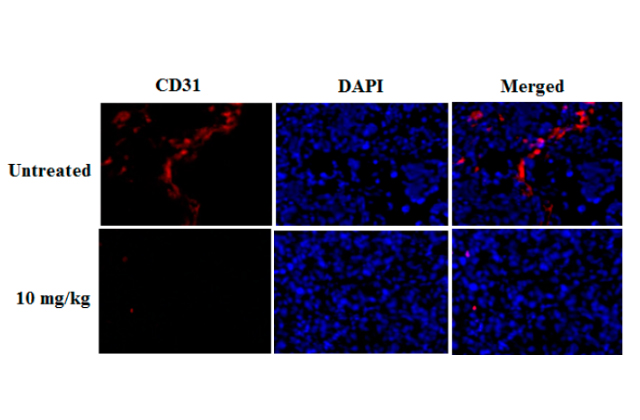 ノコギリヤシ色素の肝細胞がんへの補助療法の可能性
ノコギリヤシ色素の肝細胞がんへの補助療法の可能性
-
 ノコギリヤシ色素の血管新生抑制効果
ノコギリヤシ色素の血管新生抑制効果
-
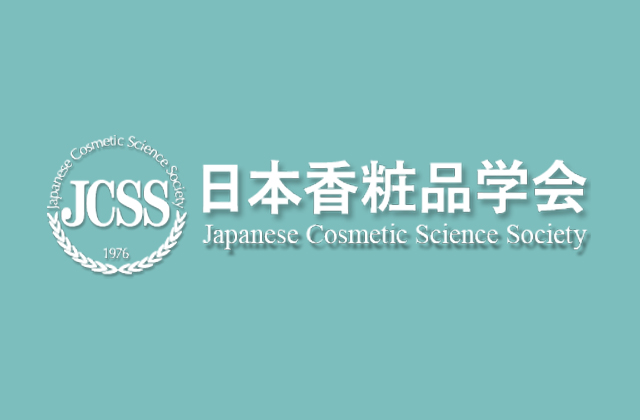 マイタケ抽出脂質「グリピン」のヒアルロン酸産生促進効果
マイタケ抽出脂質「グリピン」のヒアルロン酸産生促進効果
-
 第22回インターフェックスジャパン
第22回インターフェックスジャパン
-
 マイタケ抽出脂質「グリピン」による乾燥肌の改善効果
マイタケ抽出脂質「グリピン」による乾燥肌の改善効果
-
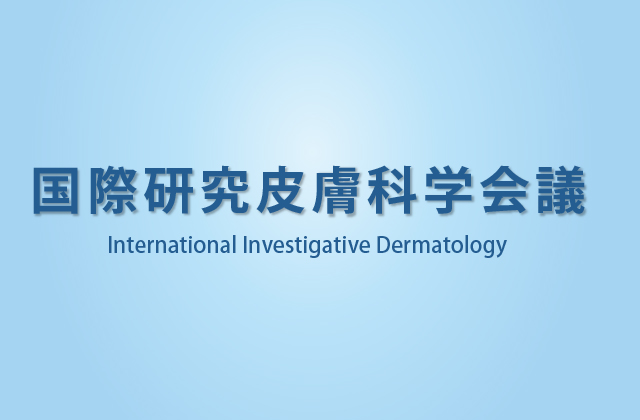 第5回 国際研究皮膚科学学会
第5回 国際研究皮膚科学学会
-
 コスモプロフ アジア2007
コスモプロフ アジア2007
-
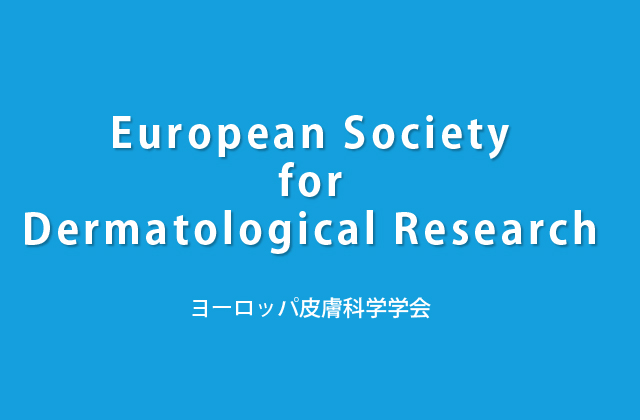 マイタケ抽出物の皮脂産生促進作用および乾皮症に対する臨床効果
マイタケ抽出物の皮脂産生促進作用および乾皮症に対する臨床効果
-
 マイタケエタノール抽出エキスによる皮脂産生促進作用
マイタケエタノール抽出エキスによる皮脂産生促進作用
-
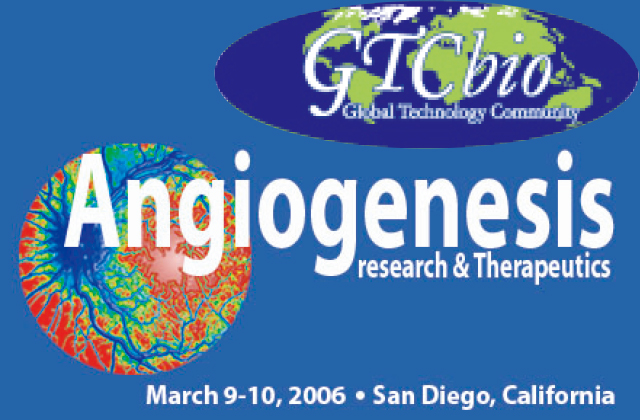 血管新生阻害活性を有するサメ抽出脂質のメカニズムと臨床への応用
血管新生阻害活性を有するサメ抽出脂質のメカニズムと臨床への応用
-
 サメ抽出脂質による悪性疾患治療およびがん増殖や転移の抑制報告
サメ抽出脂質による悪性疾患治療およびがん増殖や転移の抑制報告
-
 サメ抽出脂質の血管新生抑制に関する報告
サメ抽出脂質の血管新生抑制に関する報告
-
 サメ抽出脂質の抗腫瘍効果
サメ抽出脂質の抗腫瘍効果
-
2021年5月25日ニュージーランド産IgG含有ウシ生乳由来乳清タンパクに存在する新型コロナウイルスSARS-CoV-2スパイクタンパク抗体
-
2019年6月1日初乳と同等の効果を持つ生乳由来IgG含有濃縮乳清タンパク「IgG25+免疫ミルク」は、本邦初の原料として高い評価を得ています。
-
2019年5月10日Enriched bovine IgG fraction prevents infections with Enterohaemorrhagic Escherichia coli O157:H7, Salmonella enterica serovar Enteritidis, and Mycobacterium avium
-
2016年8月5日中山大学、弊社ハイマート、香港大学の共同研究により、ノコギリヤシ色素の肝細胞がんへの補助療法の可能性が発表されました。
-
2015年7月3日弊社ハイマートと香港大学が、EACR 2015にてノコギリヤシ色素由来成分の血管新生抑制効果を発表しました。
-
2009年9月6日ハイマートは、第34回日本香粧品学会で東京薬科大学とマイタケ抽出脂質「グリピン」のヒアルロン酸産生促進効果について研究データを報告しました。
-
2009年7月1日グリピンの皮膚における皮脂およびヒアルロン酸産生促進作用ついて報告がありました。
-
2008年6月5日ハイマートは、第33回日本香粧品学会で東京薬科大学とグリピンによる乾燥肌の改善効果について研究データを報告しました。
-
2008年5月14日第5回 国際研究皮膚科学学会(International Investigative Dermatology 2008)にて保湿成分「グリピン」の研究報告が行われました。
-
2007年11月14日ハイマートはコスモプロフ アジア2007に出展致しました。
-
2007年9月5日第37回ヨーロッパ皮膚科学学会(37th European Society for Dermatological Research (ESDR) Meeting)にて保湿成分「グリピン」の研究報告が行われました。
-
2007年6月7日第32回日本香粧品学会では、東京薬科大学伊東教授の研究グループと株式会社ハイマートによって、マイタケエタノール抽出エキスによる皮脂産生促進作用が報告されました。
-
2006年3月9日強い血管新生阻害活性を有するサメ抽出脂質のメカニズムと臨床への応用についての発表がありました。
-
2005年12月2日2005年度韓国がん予防学会年次総会にてサメ抽出脂質による悪性疾患治療およびがん増殖や転移の抑制について報告がありました。
-
2004年6月24日シンガポールで開催された第3回アジア太平洋アンチエイジング会議(3rd Asia pacific Anti-Ageing Conference)にて、サメ抽出脂質の血管新生抑制力が報告されました。

 全文ダウンロードはこちらから
全文ダウンロードはこちらから